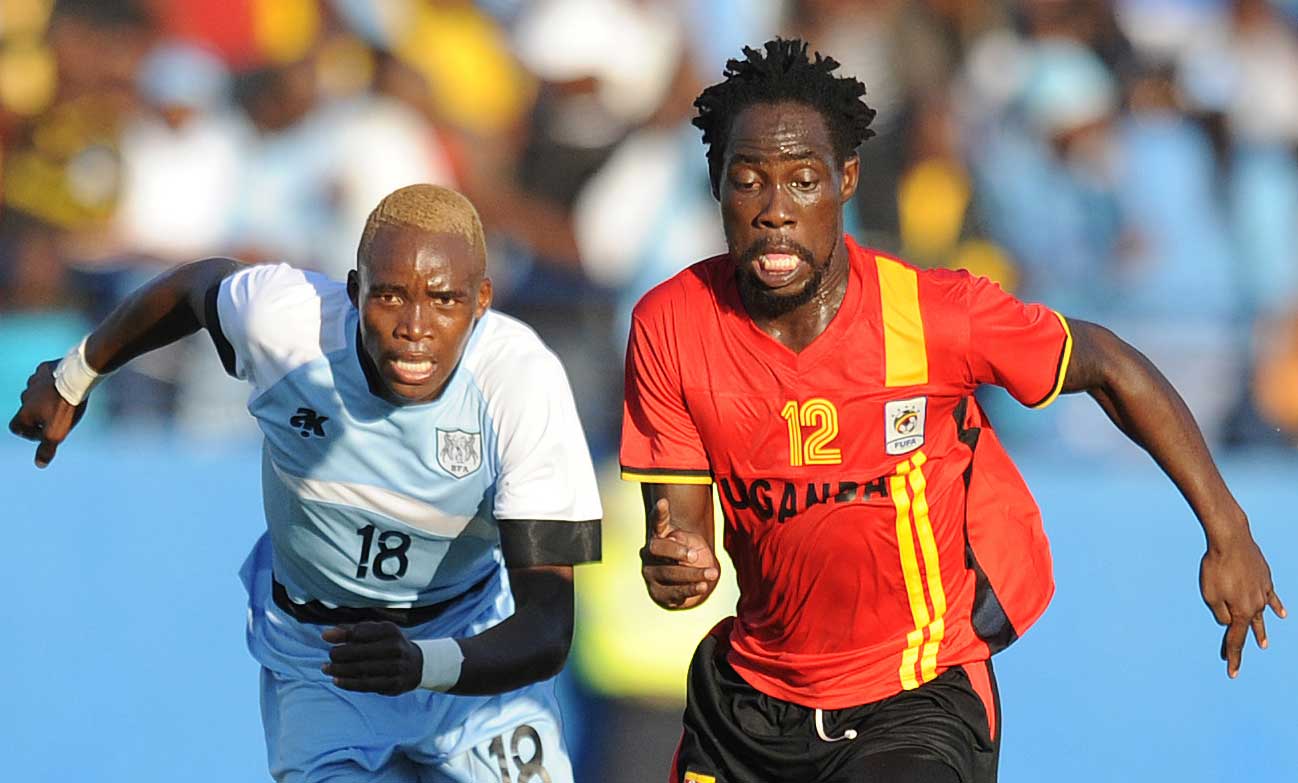TLOTLO KEBINAKGABO
Alcohol consumption by local sportpersons should be discouraged as it has an effect on their fitness, character, and entire career development, sport experts have warned.
There seems to be a growing trend of alcohol consumption by local sportpersons, just last year October, Zebras midfielder Lebogang Ditsile was axed from the national team for sneaking alcohol into the Zebras camp.
A few weeks after that, other four Zebras players in Mothusi Cooper, Mothusi Johnson , Onkabetse Makgantai and Thero Setsile were suspended from the Zebras by Head Coach, Adel Amrouche. This is after they were caught drinking alcohol while in camp a circumstance that has sternly been shunned by sport experts.
A University of Botswana (UB) sport science lecturer , Dr Tshephang Tshube is against athletes’ alcohol consumption stating that it has an effect on their performances, due to its impact on the body during exercise.
“The primary two effects on performance are dehydration and energy production,” he said in an interview with Gazette Sport . “Alcohol dehydrates the body and this lead to susceptibility to injuries. In addition, the breakdown of alcohol interferes with the liver’s production of glucose.”
Dr Tshube said alcohol also exposes athletes to bad character, and in some cases, unsafe environments. “ A lot of athletes have been involved in near career ending accidents due to alcohol,” he said.
Just earlier this year, national team runners in Onkabetse Nkobolo and Baboloki Thebe were involved in an accident after sneaking out of the national team’s camp. The athletes allegedly went out partying and were reportedly under the influence of alcohol when their car overturned near SSKB camp in the wee hours of the morning. Nkobolo sustained serious injuries during the accident, he is still undergoing treatment.
With that , Tshube who is also a former athlete noted that coaches and managers must be ring leaders in advising athletes against alcohol consumption. “Curbing alcohol consumption amongst athletes requires character development amongst athletes, coaches and managers,” he said. “We need to have good leadership in teams. Coaches whose conduct is bad is likely to influence athletes to be deviant.”
Former national team runner Glody Dube agrees with Tshube. Speaking with this publication in an interview, Dube noted that sport does not go hand in hand with alcohol. “If one wants progress in sport, he or she must avoid alcohol,” he said. “We have seen excessively talented athletes carreers were shortned by alcohol.”
At Botswana National Olympic Committee (BNOC), Chief Executive Officer Tuelo Serufho also urged athletes to refrain from alcohol consumption as their careers are very short.“ And they need to make moeny when they still can, so it is advisable for them to refrain from drinking while they are still active,” he said. “I mean they still have ample time to drink as they wish when they retire from sport, we have seen other international athletes doing that.”
Professor David Cameron Smith of the University of Auckland also concurs that alcohol is not good for athletes and their careers. He told United Kingdom based publication, The Guardian that one night of drinking could wipe out the hard-earned results of months of hard graft.
“One of the key determinants of success is not just event-day performance, but the continuous gains and improvements that are made through the long, arduous grind of training,” The Guardian quoted Professor Smith as saying. “Most people should be aware of the impact alcohol has if you consume it the night before a race, but not everyone appreciates the disruptive impact it has on the way your body adapts to handling the training, and that’s the most important part.”
Dr Mike Young of Athletic Lab which is the premier sport science research and athletic development facility located in North Carolina is also against athletes’alcohol consumption.
He says alcohol has effects on the musculature of the body; muscle growth is inhibited by alcohol consumption, and alcohol also can lead to increased weight gains due to its caloric density. “The calories in alcohol are pretty much just empty calories, so the body treats them as a fat and converts the sugars in alcohol to fatty acids in the body,” the Athletic Lab website quoted Dr Young as saying.

